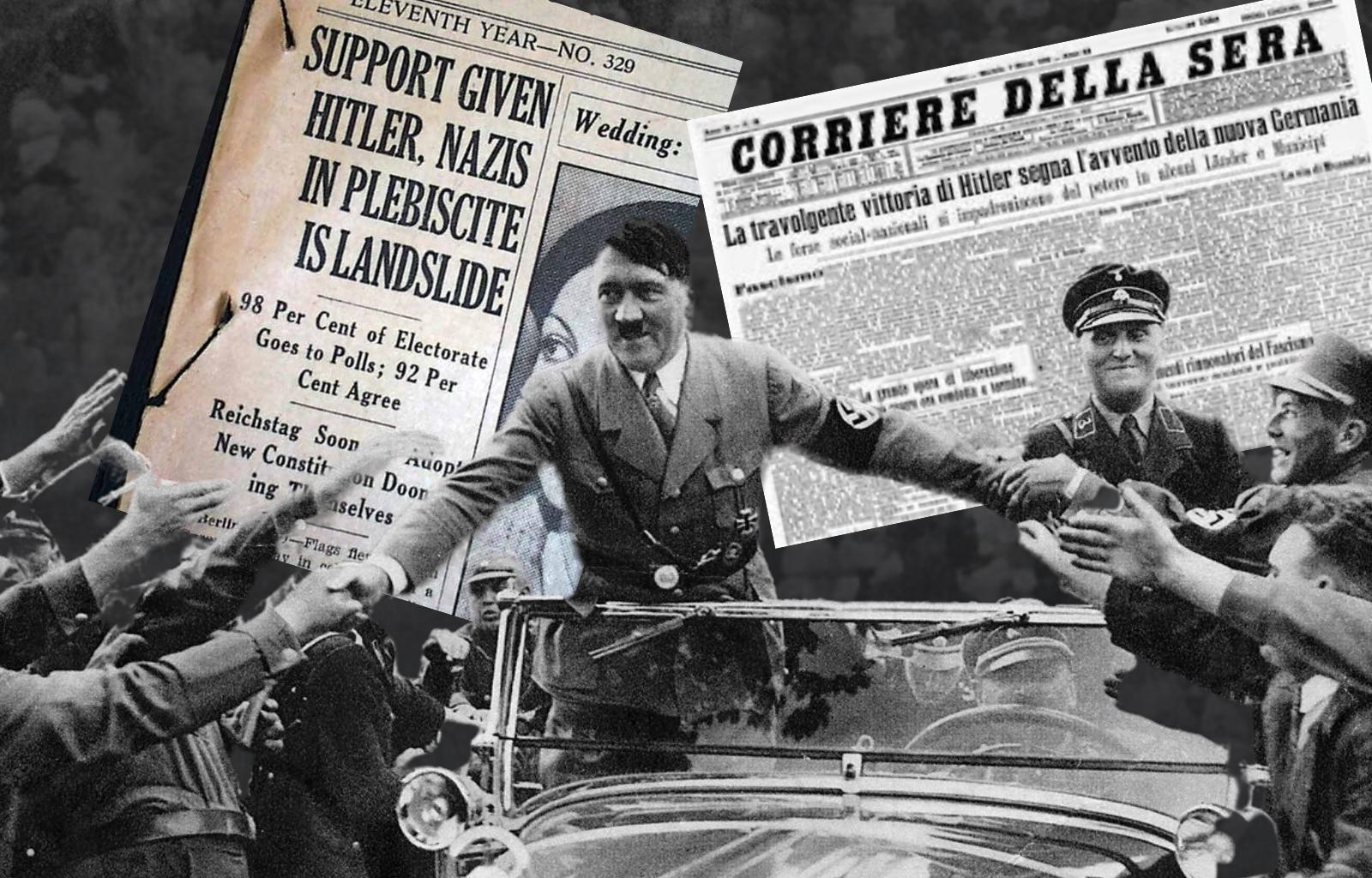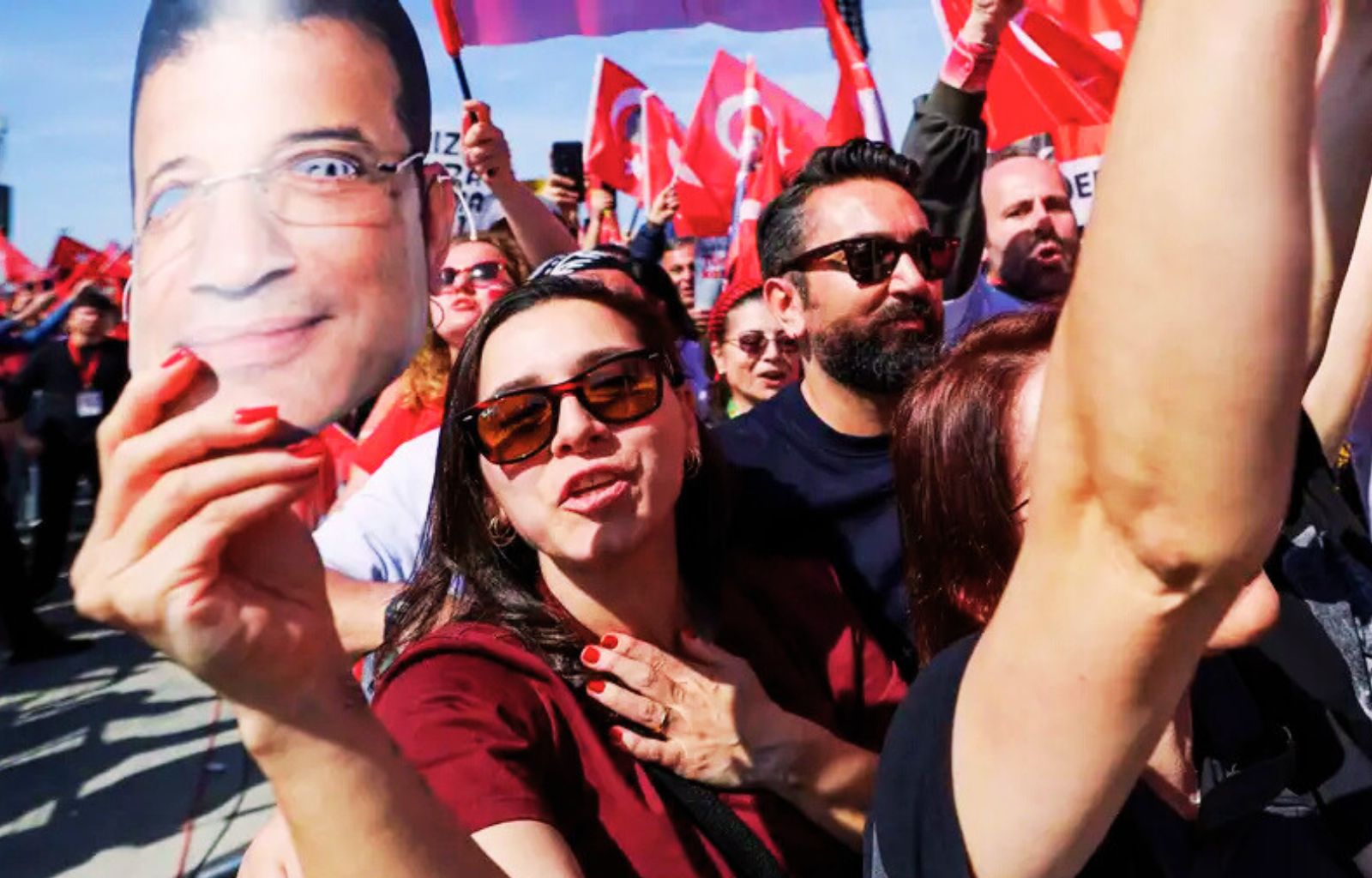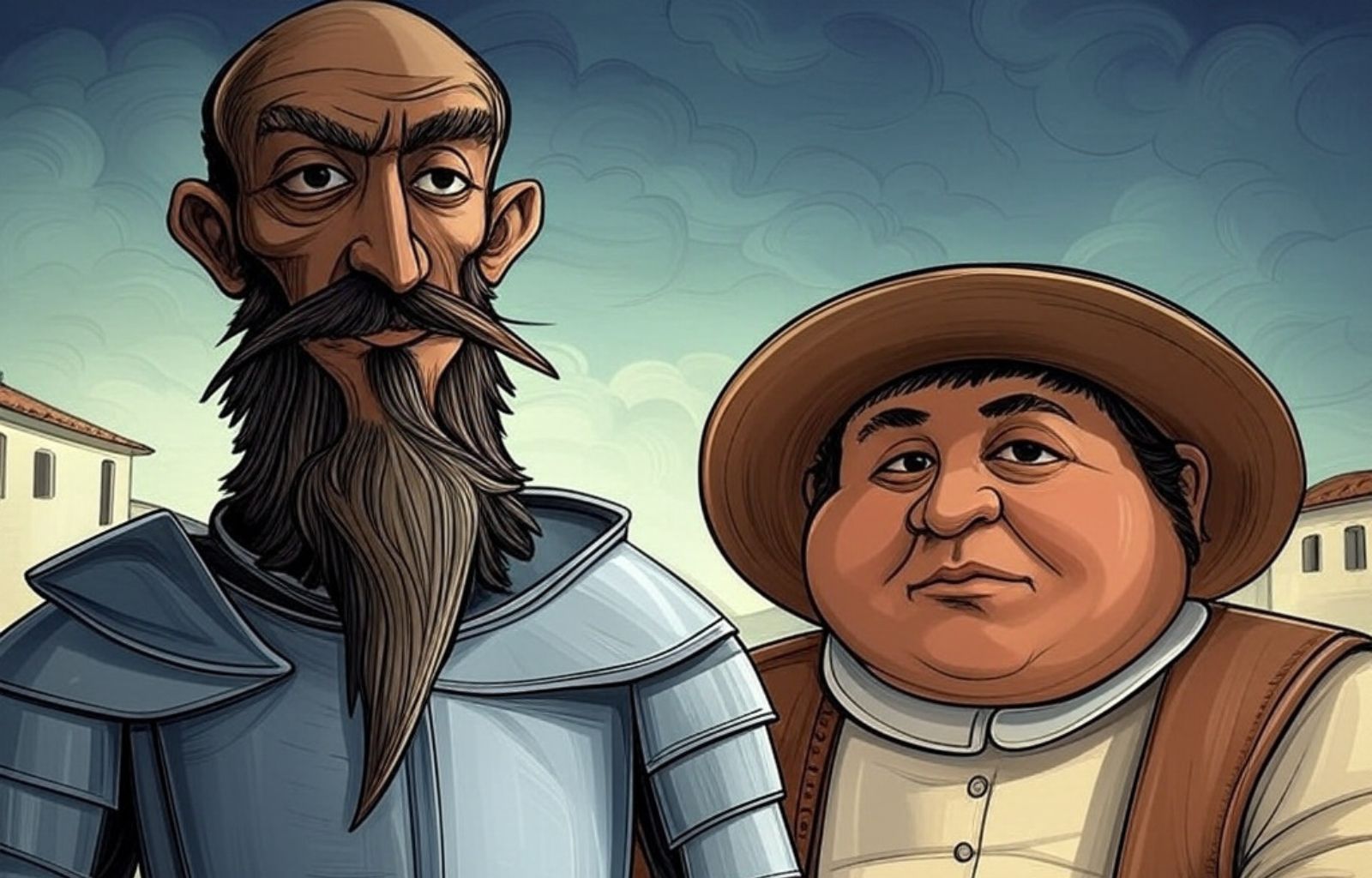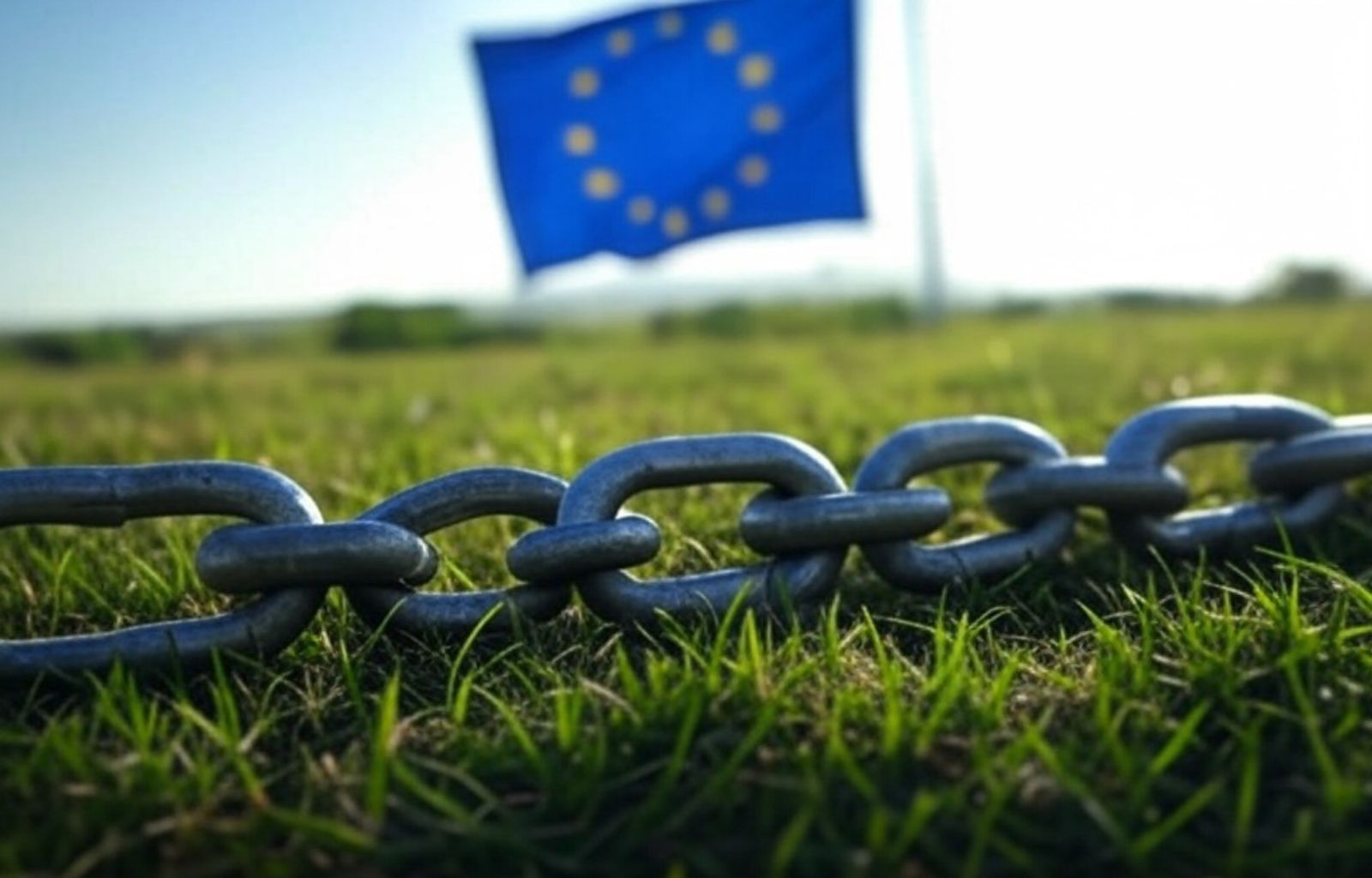Romania: Democracy is not just voting, but a system of values

The cancellation of the presidential elections in Romania is not a setback, but a concrete example of how the defence of democracy can sometimes require extreme gestures. We are not talking about a setback, but about a courageous choice that shifts the focus to a fundamental truth: democracy is not just one system of government, but a system of values and principles.
Rules yes, but never without values
Too often we confuse democracy with its procedures. We think it is enough to vote, count the votes and proclaim a winner to call ourselves democrats. But democracy does not live by formal rules alone. Those are tools, not ends. Its true essence lies in the values it protects: freedom, the rule of law, justice, dignity, participation. When these foundations are eroded – whether through electoral fraud, corruption or manipulation – voting itself loses all meaning.
And it is here that the cancellation of the Romanian elections becomes emblematic. It was not a denial of democracy, but its highest defence. Better to stop a step before the precipice than to fall into the abyss of an only apparent democracy, where numbers deny rights and law.
The dictatorship of the majority is the negation of freedom
A great misunderstanding often accompanies democratic debate: confusing democracy with the dictatorship of the majority. Whenever you hear a politician say ‘the people decided it’, remember that that phrase is ultimately an attack on the deepest essence of the democracy of free women and men. Because liberal democracy has never been the unchallenged rule of whoever wins, but the delicate balance between the will of the people and universal rights, between majorities and minorities, between the discretion of power and respect for the Law, the one with a capital letter.
The worst tragedies of the 20th century arose precisely from a majority consensus emptied of values. From the plebiscites of totalitarian regimes to the racial laws passed with popular support, history teaches us that voting is not synonymous with justice. Democracy is only legitimate when its processes respect its founding principles.
The challenge of hybrid warfare
Today, however, defending democracy is more complex than ever. Threats come not only from overt dictatorships, but from invisible conflicts: the hybrid war of disinformation, cyber attacks and the manipulation of opinion. In this scenario, democracies are not attacked frontally, but eroded from within, turned into empty shells that maintain form without substance.
Underestimating these infiltrations – just because there is no ‘trench’ of war (but there is that too, a few thousand kilometres away) – would be like accepting the impact of mafia infiltration in Italian local elections: an act of collective shortsightedness that undermines the founding principles of democracy. Just as criminal organisations distort the electoral process to consolidate their power at a territorial level, Russian interference acts on a geopolitical scale, seeking to divide Europe from within and to weaken citizens’ trust in democratic institutions. In both cases, the result is a compromised political system, unable to truly represent the will of the people and vulnerable to manipulation by external actors.
Defending real democracy – that which protects rights and freedom, and promotes values – is a battle we cannot afford to lose.
Democracy is a continuous choice
True democracy is an evolving process, not an end point. It is the ability to stop, correct and re-found itself whenever necessary. Cancelling an election, suspending a process, may seem like a step backwards, but it is often the only way to defend what really matters: freedom, justice, human dignity.
Those who reduce democracy to a sum of numbers are not defending it, they are betraying it. Because democracy has never been just ‘rules’. It is values. It is justice. It is the only weapon against tyranny. And today, more than ever, we must choose whether to be spectators of its decline or protagonists in its defence.











